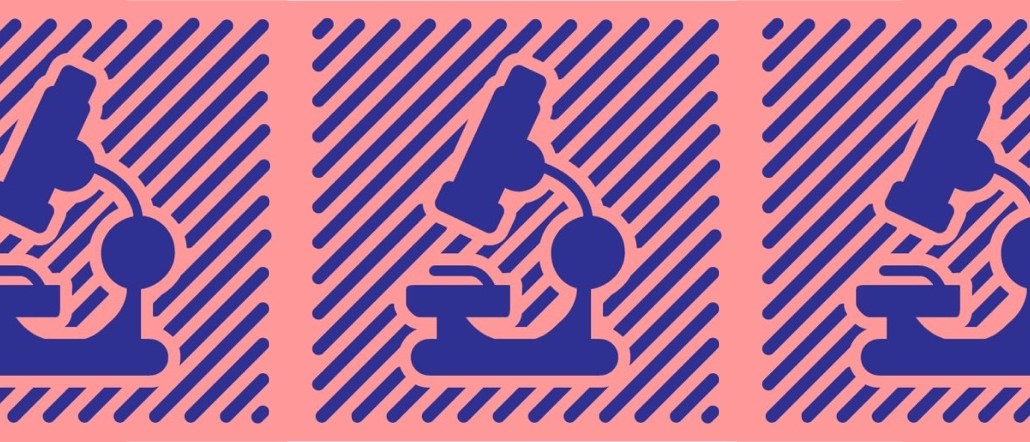Secure your place at the Digiday Media Buying Summit in Nashville, March 2-4

The Huffington Post is hoping that a change in branding can attract a new audience to its health coverage. The Scope, launched earlier this month after about six months of planning, is a new editorial brand made up of content from Huffington Post and elsewhere. Rather than straight news or straight service, The Scope is meant to house service-y stories produced by lifestyle reporters, policy-focused stories filed by correspondents in DC, and everything in between.
“The ethos of the team is, ‘Every story is a health story,’” said Meredith Melnick, the Scope’s editor.
It’s also the latest step the AOL-owned publisher’s taken away from the scale-chasing strategy that saw it stand up editorial sections on everything under the sun. Now that scale for scale’s sake is falling out of fashion, a growing number of publishers are trying to build smaller, more focused editorial brands, and they are using platforms as a way to dip their toes in the water.
“This is a way to experiment in a lighter way,” Melnick said.
Rather than start from scratch with a new site, The Scope’s new identity has been built out of old HuffPo assets: While the Scope has a distinct look and feel on Facebook and Twitter, all the site’s content lives on the Huffington Post. Even the Scope’s Facebook and Twitter accounts are just new coats of paint on the pages for Huffington Post Health, which had gathered over 339,000 Twitter followers and close to 800,000 Facebook fans.
Both give Melnick and her team nice plots of land, where they can see what sprouts with readers on those platforms. “We figured out that starting from a social platform would be a great way to learn more about this audience,” Melnick said.
As for what they’ll be sowing, the Scope has four staff writers who are expected to produce around four stories total every day. In addition, the Scope sources content from several different outlets, including syndication partnerships it has in place with the Purch-owned publication, Live Science and STAT, a healthcare site the Boston Globe Media Group unveiled in late 2015, and Reuters; it also pulls stories out of its archive, an increasingly common practice among digital publishers.
One thing this new vertical will not have: new posts from contributors. While the Scope’s shared a few pieces of contributors’ content from its archives, Melnick said that contributors will not make up much of the site’s output. “It’s not our focus,” Melnick said. “We’re not soliciting it, we’re not looking for it.”
While most publishers acknowledge that it’s hard to establish a deep relationship with readers on distributed platforms like Facebook, Twitter or Snapchat, they remain a good place to see what people are interested in. In addition to the Scope, HuffPo is experimenting with two other brands built around reader identity: Canceled Plans, which serves up content for introverts, and Tomorrow Inshallah, which caters to young Muslim readers.
If any of these bets pays off, Melnick or her colleagues expect they can invest more deeply in things like events, or newsletters, or presence on other platforms (a short-form podcast, “IVFML,” about one reporter’s attempt to get pregnant, will launch soon).
“We’re really focused on who’s responding to this, and how,” she said.
More in Media

WTF is a creator capital market?
What is a creator capital market, what does it mean for creators looking to diversify revenue, and why is it so closely tied to crypto?

Media Briefing: Publishers explore selling AI visibility know-how to brands
Publishers are seeing an opportunity to sell their AI citation playbooks as a product to brand clients, to monetize their GEO insights.

Creators eye Snapchat as a reliable income alternative to TikTok and YouTube
Figuring out the Snapchat formula has been very lucrative for creators looking for more consistent revenue on a less-saturated platform.





